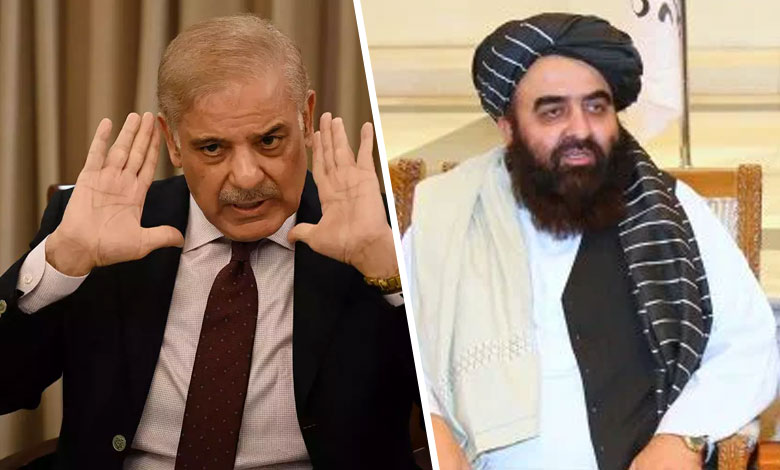India-Taliban Talks Raise Alarm in Pakistan, Prompt Calls for Review of Afghan Strategy
The recent meeting between Indian Foreign Secretary Vikram Misri and Afghanistan’s Acting Foreign Minister Amir Khan Muttaqi in Dubai has sparked concerns in Pakistan’s political and military circles.

The recent meeting between Indian Foreign Secretary Vikram Misri and Afghanistan’s Acting Foreign Minister Amir Khan Muttaqi in Dubai has sparked concerns in Pakistan’s political and military circles. Several analysts are urging Islamabad to urgently reassess its aggressive approach towards Kabul in light of the discussions between India and the Taliban-led Afghan government.
Table of Contents
Key Points of the India-Taliban Meeting
On Wednesday, Indian Foreign Secretary Vikram Misri met with Amir Khan Muttaqi, Afghanistan’s Acting Foreign Minister, to discuss various issues, including bilateral relations and “regional developments.” This meeting came shortly after India strongly condemned the recent Pakistani airstrikes on Afghanistan, which killed 46 people, including women and children.
The meeting between Indian and Taliban officials has intensified calls within Pakistan for a thorough review of its Afghan strategy, especially after Afghanistan’s recognition of India as a “significant regional and economic partner.”
Growing Concern Over Afghanistan’s Relationship with India
Sources have indicated that closed-door meetings are taking place in Islamabad, as senior officials discuss the future approach towards Afghanistan, particularly in light of the growing mistrust and volatile situation along the Pakistan-Afghanistan border. Taliban leaders have also been reaching out to regional states, including India, for potential collaborations.
Amir Rana, a strategic analyst, stressed that Pakistan should be alarmed by India’s continued engagement with Afghanistan, particularly since India was a major player in Afghanistan before the Taliban takeover. India had invested nearly $3 billion in Afghanistan’s reconstruction projects and maintained strong relations with members of the Northern Alliance.
Also Read: At Least 22 Palestinians Killed in Israeli Airstrikes on Gaza Amid Communications Blackout Threats
“Even though India is cautious in its dealings with the Taliban, progress is being made,” said Rana. “This is happening while Pakistan’s relations with Afghanistan continue to deteriorate.”
Pakistan’s Stance on Taliban and TTP
Pakistan has long labeled the Tehreek-e-Taliban Pakistan (TTP) as a “red line” and has repeatedly urged the Taliban-led Afghan government to take decisive action against the group. Pakistan’s current policy, focusing on fewer talks and a more aggressive approach, has yet to yield positive results.
Rana suggests that Pakistan could approach the Taliban leadership in Kandahar directly, as that is where the real power lies, rather than focusing on communication with the Kabul government. He also pointed to a fatwa issued by the Taliban in 2023, which could serve as a basis for urging the Taliban to relocate anti-Pakistan groups away from the border.
Reevaluating Pakistan’s Afghan Strategy
Pakistan’s current strategy towards Afghanistan, which prioritizes aggression over dialogue, has faced significant challenges. The recent India-Taliban talks have raised concerns about India’s influence in Afghanistan, which Pakistan has historically viewed with suspicion.
“Negotiations are not off the table,” said Rana. “Pakistan could work through regional states to put pressure on the Taliban to act swiftly on counterterrorism measures. If relations between Afghanistan and Pakistan deteriorate further, it would add to the already volatile security situation and create more opportunities for other countries to gain influence.”
This development underscores the need for a reassessment of Pakistan’s strategy as tensions with its western neighbor continue to rise.
